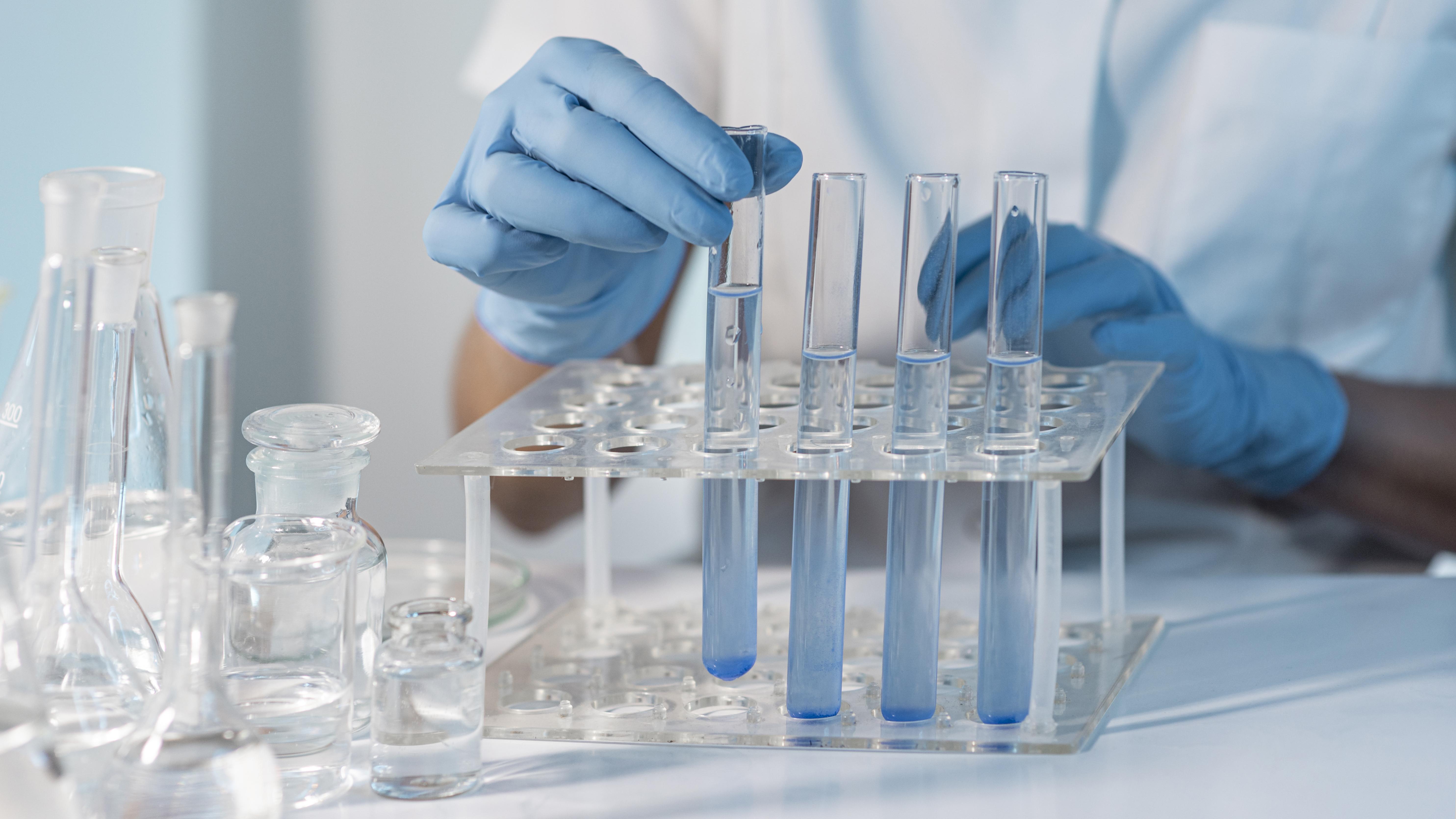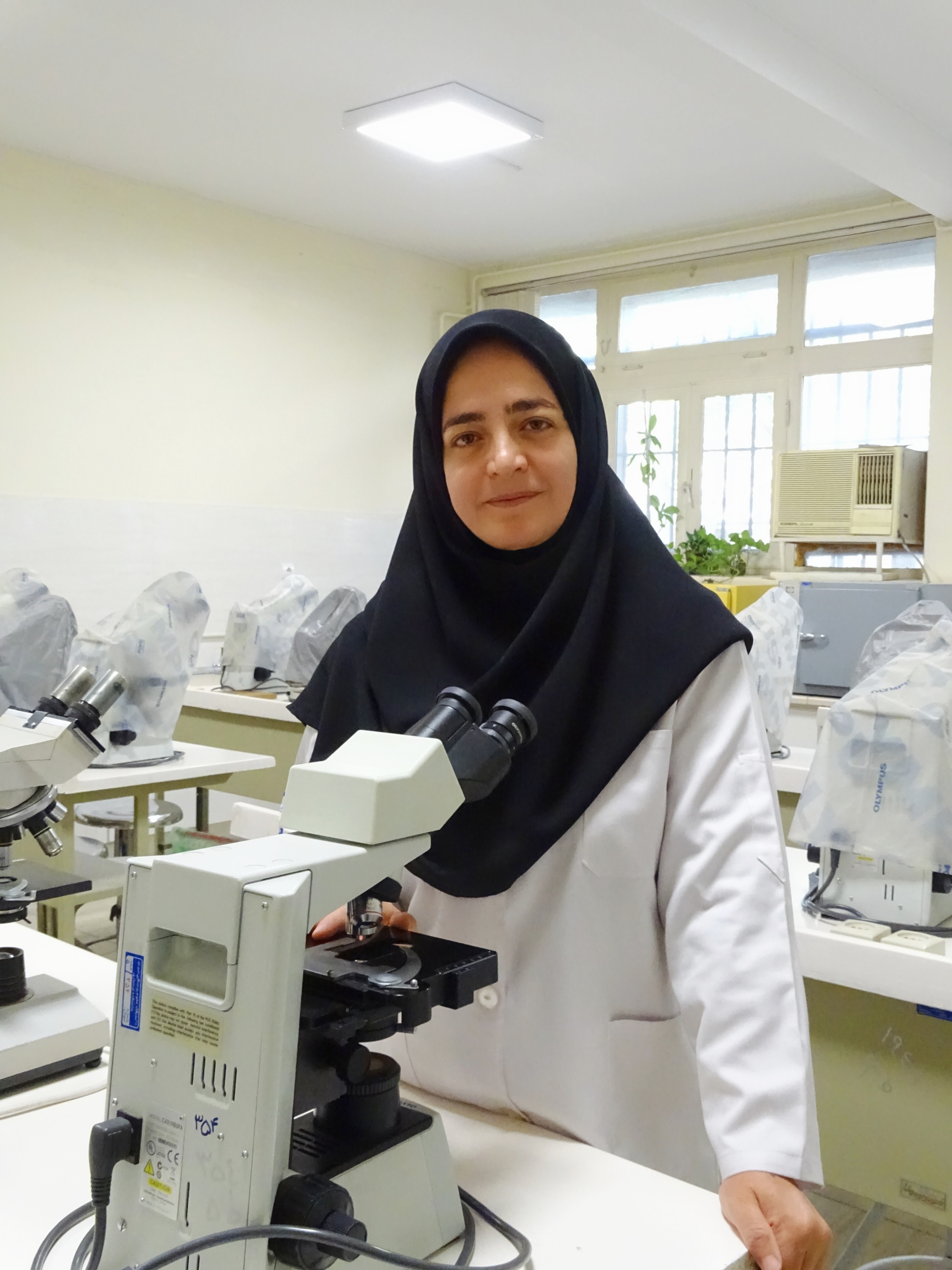

 Zoleikhah Nesabi Dr. Leila Mehraneia
Zoleikhah Nesabi Dr. Leila Mehraneia Overview
The Faculty of Nursing and Midwifery, Tabriz University of Medical Sciences provides advanced educational and practical training through its two specialized laboratories: Microbiology Laboratory and Biochemistry Laboratory. These well-equipped facilities serve as essential environments for developing students’ scientific understanding and practical skills in the fields of nursing, midwifery, operating room and emergency medicine.
In the Microbiology Laboratory, students explore the roles of microorganisms in health and disease and gain hands-on experience in bacterial identification and infection control techniques. The Biochemistry Laboratory focuses on clinical biochemistry practices related to blood and urine analysis, enabling students to connect theoretical knowledge with real clinical situations. these facilities enhance students’ scientific understanding and practical competence, preparing them for effective performance in healthcare settings.
Mission
Our mission is to deliver practice-based education that that integrates theoretical knowledge with laboratory experience, fostering competent and ethical healthcare professionals capable of applying scientific principles to clinical care and disease management.
Vision
To become a leading educational center in nursing and midwifery sciences, recognized for excellence in laboratory-based learning and the preparation of highly skilled graduates who contribute to the improvement of community health.
Values
- Commitment to high standards in education and laboratory practice.
- Upholding professional and ethical conduct in all learning environments.
- Encouraging research-oriented and evidence-based approaches to healthcare education.
- Promoting teamwork and interdisciplinary learning among students and faculty.
- Enhancing public health through education and applied practice.
Objectives
- To enhance students’ knowledge of microbiology and biochemistry relevant to nursing and midwifery.
- To develop laboratory competencies for accurate diagnosis, analysis, and interpretation of clinical data.
- To integrate theoretical learning with clinical application through hands-on training.
- To support the preparation of qualified healthcare professionals who contribute effectively to patient care and public health improvement.